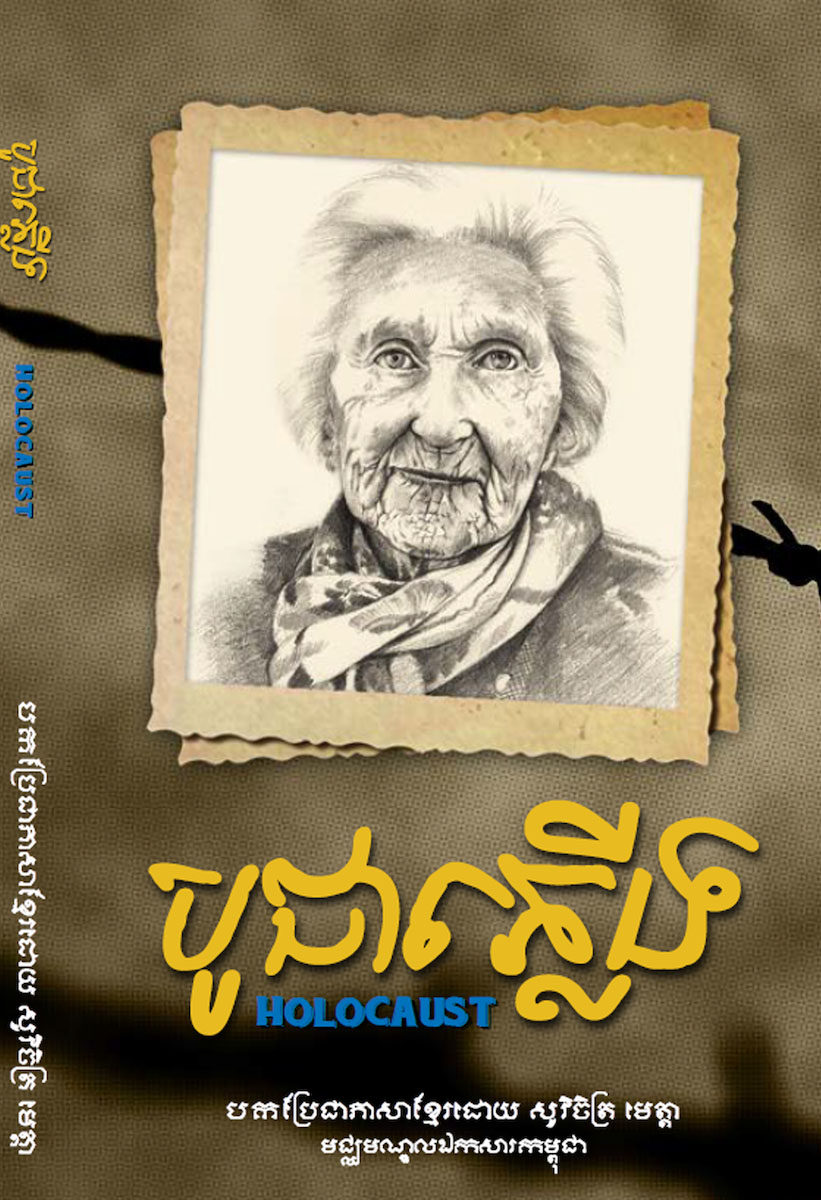Duty to Remember
No matter the circumstance, civilization cannot advance unless it remembers. It is never difficult to remember happiness, peace, and prosperity. Governments will naturally extol (or reinterpret) historical narratives that illuminate heroism, beauty, and virtue from the past that supports contemporary institutions, ideas, and beliefs. Yet societies must inquire further—researching the mistakes, crimes, and horrors that undermined, if not destroyed, humanity if they are ever to overcome the circumstances of their past.
Researching the inhumanity of the past can be the most difficult task for a post-conflict society. Indeed, researching and educating future generations about the horrors of the past goes beyond what any court of law could ever endeavor to achieve. Whereas courts have the ability to determine legal conclusions, ensure justice, and provide a sense of closure, space, time, and resources limit their jurisdiction. Unlike law, however, scholarship, education, and public discourse can only be bounded by the discretion of the individual, institution, and society in the moment.
We have a duty to remember. It is not a duty that is expressed in any particular convention, constitution, or law; rather, it is a duty that arises out of a common commitment to humanity. Like all information, history can be diluted, warped, and even erased, and the only assurance against these circumstances is a commitment to remember. Memory, in this context, cannot be private. It must not be exclusively personal, silent, or static. The generation that experienced this history must pass on their knowledge to the next generation, and the generations that follow bear a responsibility to learn and continue to pass on this knowledge. Memory is the beginning and end to any search for true justice and peace, and the duty to remember begins and ends with the individual, who can determine not only what the past means to him or her, but what it should mean for future generations.
Youk Chhang, Director of the Documentation Center of Cambodia.

